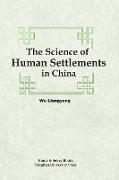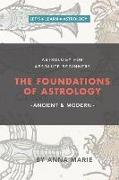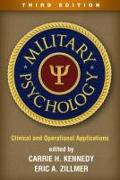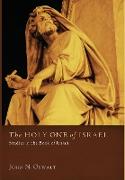The Science of Human Settlements in China
BücherAngebote / Angebote:
In his professional career of more than 60 years, Wu Liangyong has made significant contributions to the development of architecture and urban planning in China. This book explores the relationship between humans and environments, also with a view of the way out for human settlements in China after great changes have taken place in the past two decades. In fact, the construction of livable environment is a collective creation of all the citizens. We should trust the public and believe in their creativity. Even though cities and towns are a complicated system and the growing whole of self-organization and new matters keep emerging with time, we should believe that the public contains the great potential of creation to deal with all the new problems. Wu Liangyong is a Chinese urban planner and a former professor in urban planning, architecture and design. Together with Professor Liang Sicheng he founded the Faculty of Architecture of Tsinghua University in 1946, where he focused on urban planning, architecture and design. He taught fifty years at Tsinghua University. Wu received a number of awards. He was the first to win the Award for Scientific and Technological Progress by the State Education Commission. In 1993 he won a World Habitat Award of the United Nations for his contribution to the house-building project of Ju'er Hutong in Beijing. In 1995 he won the Ho Leung Ho Lee Prize and in 1996 the UIA Architectural Education Prize of the International Union of Architects. Wu was honored with a Prince Claus Award from the Netherlands in 2002. He is considered the most influential architect and urban planner in China.
Folgt in ca. 15 Arbeitstagen




